Filter by

New Approaches to the Analysis of Jihadism Online and Offline
Jihadism has been an important issue of public discussions since 9/11. Internet media have been used by Jihadis as means of communication, propaganda, recruitment, and even training purposes. In this volume, the processes of interaction on Jihadi internet sites are analysed. Particular attention lays on the mechanisms of spread of propaganda via the internet by diverse technical means. The proc…
- Edition
- -
- ISBN/ISSN
- 9783899719000
- Collation
- -
- Series Title
- -
- Call Number
- -
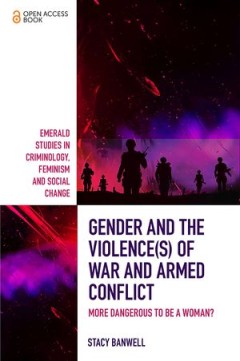
Gender and the Violence(s) of War and Armed Conflict: More Dangerous to be a …
Drawing on historical and contemporary case studies, Gender and the Violence(s) of War and Armed Conflict delves into visual as well as text-based materials to unpack gender-based violence(s) perpetrated and experienced by both genders within and beyond the conflict zone. Considering examples of old and new wars ranging from the Holocaust, the 1971 Liberation War in Bangladesh; and the armed…
- Edition
- -
- ISBN/ISSN
- 9781787691162
- Collation
- -
- Series Title
- -
- Call Number
- 301 BAN g
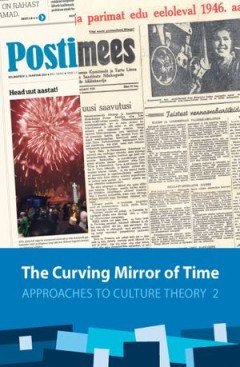
The Curving Mirror of Time
This volume attempts to create a ‘relief map’ of temporalities in Estonian newspapers over different periods of time. The special focus is on binding the empirical analysis to the theoretical and methodological discussions of the temporality of news(paper) culture. The authors of the articles ask to what extent newspapers report on the past and present and to what extent these reports refer…
- Edition
- -
- ISBN/ISSN
- 9789949322589
- Collation
- -
- Series Title
- -
- Call Number
- -
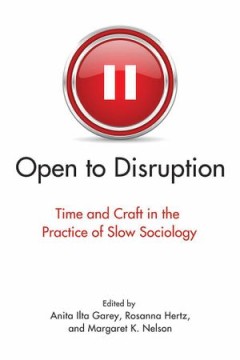
Open to Disruption: Time and Craft in the Practice of Slow Sociology
At a time when an emphasis on productivity in higher education threatens to undermine well-crafted research, these highly reflexive essays capture the sometimes profound intellectual effects that may accompany disrupted scholarship. They reveal that over long periods of time relationships with people studied invariably change, sometimes in dramatic ways. They illustrate how world events such as…
- Edition
- -
- ISBN/ISSN
- 9780826519863
- Collation
- -
- Series Title
- -
- Call Number
- 301 OPE o

Born in 1953
"At the beginning of the 1960s, Swedish researchers started a sociological study of all children born in Stockholm in 1953, Project Metropolitan. This book describes the project’s at times dramatic history, where issues of personal integrity and the role of social sciences were heavily debated. These discussions were fueled by the rapid and far-reaching digitalization in society at large and …
- Edition
- -
- ISBN/ISSN
- 9789176350843
- Collation
- -
- Series Title
- -
- Call Number
- -
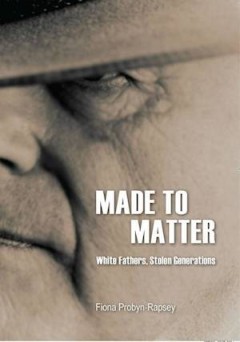
Made to Matter: White Fathers, Stolen Generations
Most members of the Stolen Generations had white fathers or grandfathers. Who were these white men? This book analyses the stories of white fathers, men who were positioned as key players in the plans to assimilate Aboriginal people by ‘breeding out the colour'. The policy was an cruel failure. It conflated skin colour with culture and assumed that Aboriginal women and their children woul…
- Edition
- -
- ISBN/ISSN
- 9781920899974
- Collation
- -
- Series Title
- -
- Call Number
- 301 PRO m
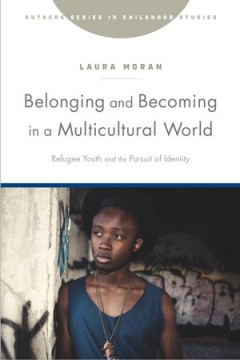
Belonging and Becoming in a Multicultural World: Refugee Youth and the Pursui…
Children and youth are front and center in the context of global mass migration and the social discord around questions of multicultural inclusion that it often ignites. It is young people at the forefront of navigating the complexities of cultural and ethnic diversity in their everyday lives. Imprecise portrayals of their inclination to either embrace diversity or to incite racism are used to …
- Edition
- -
- ISBN/ISSN
- 9781978803077
- Collation
- -
- Series Title
- -
- Call Number
- 301 MOR b
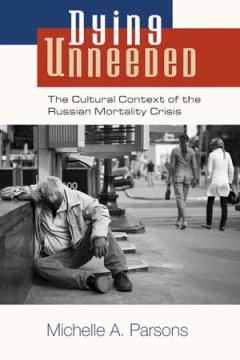
Dying Unneeded: The Cultural Context of the Russian Mortality Crisis
In the early 1990s, Russia experienced one of the most extreme increases in mortality in modern history. Men's life expectancy dropped by six years; women's life expectancy dropped by three. Middle-aged men living in Moscow were particularly at risk of dying early deaths. While the early 1990s represent the apex of mortality, the crisis continues. Drawing on fieldwork in the capital city during…
- Edition
- -
- ISBN/ISSN
- 9780826519726
- Collation
- -
- Series Title
- -
- Call Number
- 301 PAR d
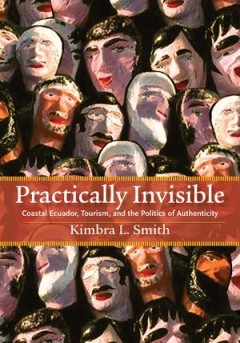
Practically Invisible: Coastal Ecuador, Tourism, and the Politics of Authenti…
The community of Agua Blanca, deep within the Machalilla National Park on the coast of Ecuador, found itself facing the twenty-first century with a choice: embrace a booming tourist industry eager to experience a preconceived notion of indigeneity, or risk losing a battle against the encroaching forces of capitalism and development. The facts spoke for themselves, however, as tourism dollars be…
- Edition
- -
- ISBN/ISSN
- 9780826520586
- Collation
- -
- Series Title
- -
- Call Number
- 338.4791 SMI p
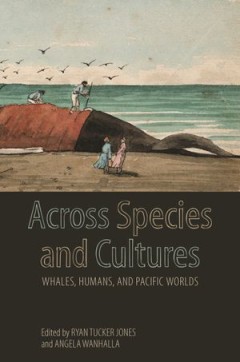
Across species and cultures (EPUB): Whales, Humans, and Pacific Worlds
More than any other locale, the Pacific Ocean has been the meeting place between humans and whales. From Indigenous Pacific peoples who built lives and cosmologies around whales, to Euro-American whalers who descended upon the Pacific during the nineteenth century, and to the new forms of human-cetacean partnerships that have emerged from the late twentieth century, the relationship between the…
- Edition
- -
- ISBN/ISSN
- 9780824892142
- Collation
- -
- Series Title
- -
- Call Number
- 301 ACR a
 Computer Science, Information & General Works
Computer Science, Information & General Works  Philosophy & Psychology
Philosophy & Psychology  Religion
Religion  Social Sciences
Social Sciences  Language
Language  Pure Science
Pure Science  Applied Sciences
Applied Sciences  Art & Recreation
Art & Recreation  Literature
Literature  History & Geography
History & Geography